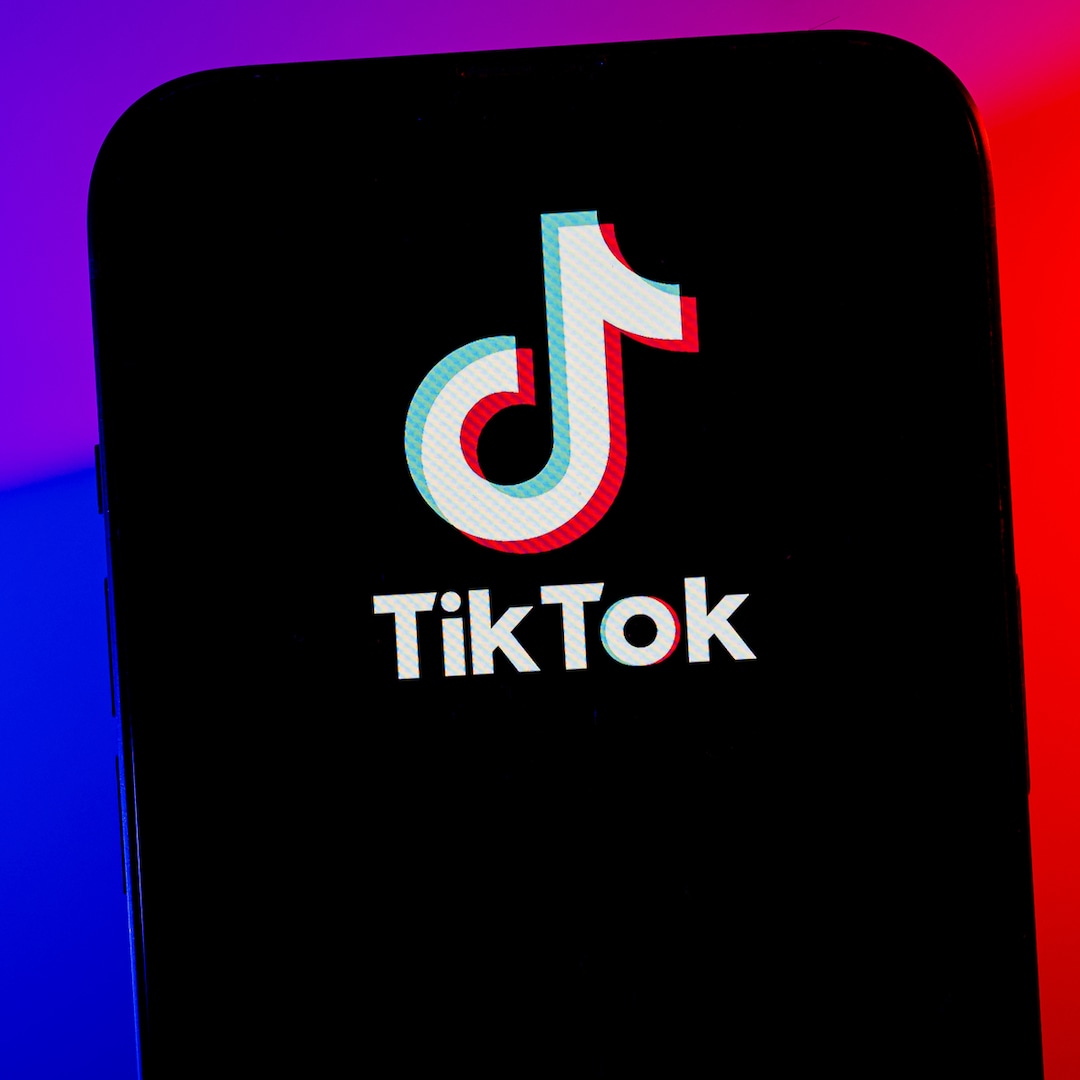The Implications of a TikTok Ban in the U.S.: What Could Change?
As the deadline of January 19 looms, the potential ban of TikTok in the United States is stirring a whirlwind of discussion. This popular social media platform, known for its short-form videos and engaging content, has captured the attention of millions. However, its ties to China and concerns about data privacy have sparked a contentious debate. This article delves into the implications of a TikTok ban in the U.S., examining what such a move could mean for users, businesses, and the larger cultural landscape.
Understanding the Context of a Potential Ban
The discussion around a TikTok ban is rooted in broader issues of national security and data privacy. Lawmakers and government officials have raised alarms about the app’s ownership by ByteDance, a Chinese company, suggesting that user data might be accessed by the Chinese government. This concern is not unique to TikTok; many social media platforms face scrutiny regarding data handling practices. However, TikTok’s significant user base—especially among younger demographics—makes the stakes particularly high.
Impact on Users
If a TikTok ban were to occur, the immediate effect would be on its vast user base in the U.S., which numbers in the millions. Many users rely on TikTok not just for entertainment but also for connection and expression. The implications of a ban could include:
- Loss of Community: TikTok has created a vibrant community where users share experiences, hobbies, and creativity. A ban would disband these communities, leaving many feeling isolated.
- Shift to Other Platforms: Users might migrate to alternative platforms like Instagram Reels or YouTube Shorts. This shift could dilute the unique culture that TikTok has fostered.
- Economic Impact on Creators: Many creators earn income through brand partnerships and sponsored content on TikTok. A ban could jeopardize their livelihoods, forcing them to seek new avenues for income.
Consequences for Businesses
Businesses, especially those targeting younger consumers, have increasingly turned to TikTok for marketing. The platform’s unique algorithm allows for organic reach that can lead to viral marketing campaigns. The implications of a TikTok ban for businesses include:
- Loss of Marketing Channel: Many brands utilize TikTok to reach their audience in innovative ways. A ban would necessitate a shift in marketing strategies, potentially leading to decreased engagement with younger demographics.
- Increased Competition Among Platforms: With TikTok out of the picture, other social media platforms would likely see a surge in advertising and marketing efforts. This could intensify competition, driving up costs for businesses trying to reach similar audiences.
- Impact on E-commerce: TikTok has become a significant player in social commerce, allowing users to discover and purchase products directly through the app. A ban could disrupt this trend, leading to lost sales opportunities for many brands.
Cultural Shifts and Trends
The potential ban of TikTok could lead to significant cultural shifts, as the platform has become a key player in shaping trends, memes, and social movements. Here are some possible outcomes:
- Redefining Content Creation: TikTok has revolutionized content creation with its emphasis on short, engaging videos. Without it, we might see a regression in the creativity and diversity of content.
- Impact on Music and Entertainment: TikTok has played a pivotal role in music promotion, with many songs gaining popularity through viral challenges. A ban could alter how new music is discovered and consumed, potentially impacting artists and the music industry.
- Changes in Social Movements: The platform has been instrumental in mobilizing social movements and raising awareness about various issues. A ban could hinder grassroots organizing and limit platforms for marginalized voices.
Exploring Alternatives
In the event of a TikTok ban, users and creators may turn to other platforms. Here are some potential alternatives:
- Instagram Reels: With similar features, Instagram Reels could be a primary alternative for users looking to share short videos.
- YouTube Shorts: YouTube has entered the short-form video space, providing another venue for creators to share content.
- Snapchat: Known for its ephemeral content, Snapchat could attract users seeking a different but familiar way to share videos.
Legal and Political Ramifications
The implications of a TikTok ban extend beyond the user experience and business landscape; they also touch on legal and political issues. Possible ramifications include:
- Legal Challenges: A ban could lead to significant legal challenges, with users and creators potentially contesting the decision in court.
- Political Backlash: The decision to ban a popular platform could face backlash from constituents, especially younger voters who heavily engage with TikTok.
- International Relations: A ban could strain U.S.-China relations further, complicating diplomatic efforts and trade relations.
While the prospect of a TikTok ban is fraught with challenges, it might also present opportunities for innovation and growth in the social media landscape. Creators and businesses could adapt by exploring new platforms and developing unique content strategies that resonate with audiences.
Ultimately, the implications of a TikTok ban in the U.S. could be profound, impacting users, businesses, and culture. As we approach the January 19 deadline, it’s essential to consider not only the immediate effects but also the long-term consequences of such a significant decision.
In conclusion, whether TikTok remains a staple of American social media or fades into the background, the landscape will undoubtedly evolve. The resilience of its users and the creativity of its creators will play a critical role in shaping the future of social media, regardless of the outcome.
See more Future Tech Daily

